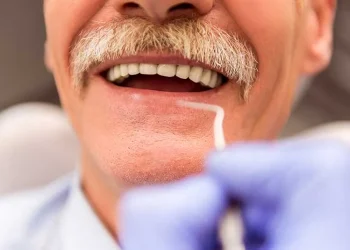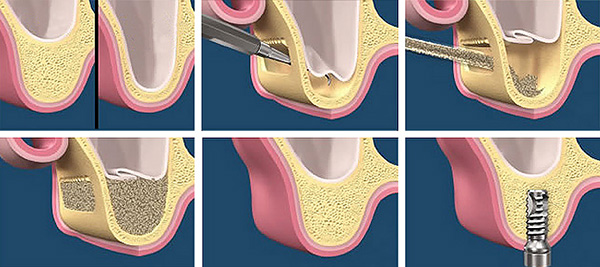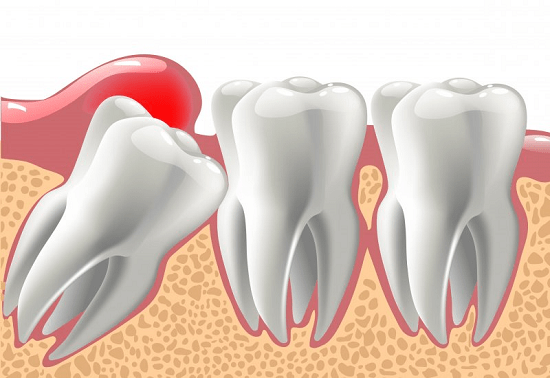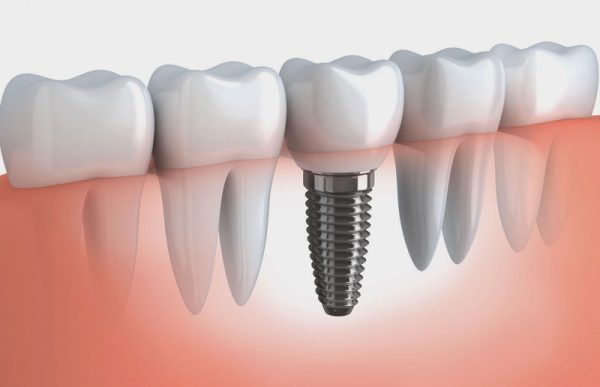Contents
Causes of Bad Breath After Wisdom Teeth Removal
If you have your wisdom tooth removed recently and you notice an unpleasant smell in your breath, you are not alone. Bad breath, medically called halitosis, is a common dental problem, especially after getting a tooth extracted. However, bad breath sometimes can be the sign of serious complications post-extraction. Therefore, it is essential to identify the underlying causes of bad breath to effectively deal with it.
Poor oral hygiene
Poor oral hygiene is among the most common causes of bad breath. There are millions of bacteria living everywhere in your mouth. Therefore, proper oral care is important to keep the mouth clean and healthy and avoid smell in the breath.
However, after wisdom tooth removal, many people are hesitant to touch the extraction site for fear of pain and discomfort. It is even advised that patients should not brush their teeth the first day after extraction and clean their mouth gently days after the tooth gets removed. Therefore, many people do not take care of their oral hygiene.
Though it is true that brushing your teeth and rinsing your mouth vigorously will affect the extraction site, causing pain and discomfort, even peeling off the blood clot, you still need to have proper oral hygiene. If you do not, bacteria and food particles will build up on the area of extraction, on your teeth and your gum. When they turn into plaque, they cause an unpleasant smell in your mouth, leading to bad breath.
For such a reason, it is a must that you maintain your oral hygiene after getting your wisdom tooth removed to not only avoid bad breath but also accelerate the healing process.
So how can you take care of your oral hygiene properly?
During the first day after the wisdom tooth removal, you shouldn’t brush your teeth. Instead, rinse your mouth gently with saline to get rid of bacteria without affecting the extraction site. The following day, brush your teeth with a soft toothbrush and non-flavored toothpaste. Also do not forget to rinse your mouth and floss your teeth.
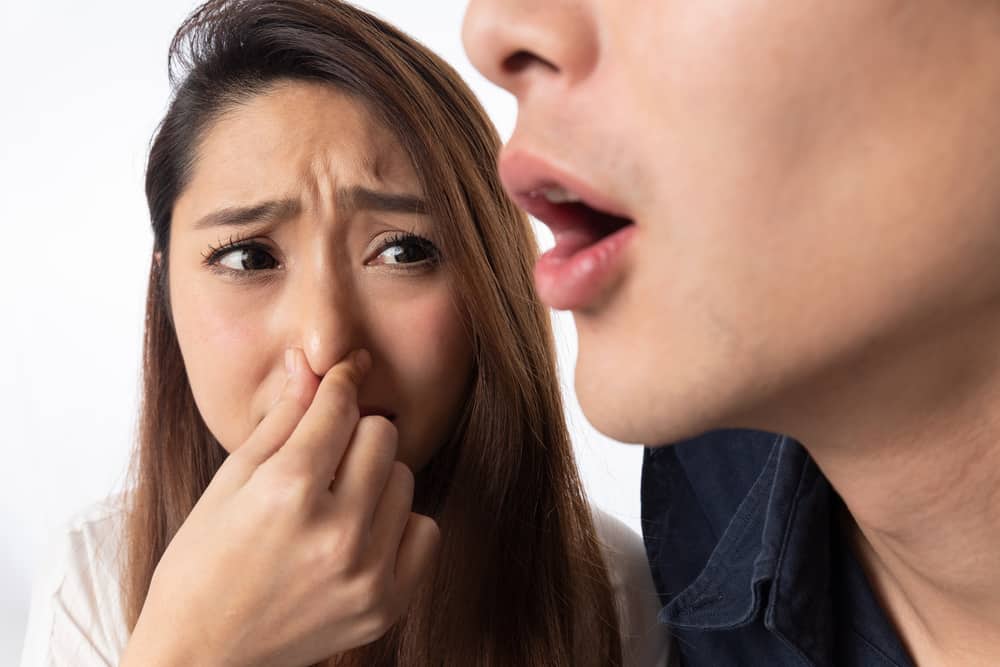
Bacterial infection
Although wisdom tooth removal is a safe dental surgery, there is still a risk of bacterial infection. As mentioned above, there are millions of bacteria in human’s mouth. After the wisdom tooth removal, if these bacteria enter the open wound, they will cause bacteria infection.
Common symptoms of bacteria infection are pain, swelling, bleeding and bad breath. Bacteria infection is also the cause of many serious dental problems, affecting your overall health. So if you have any of these symptoms above, you must see your dentist immediately to get treated.
To avoid bacteria infection post-extraction from the beginning, here are a few things you should to do reduce the risk of infection:
- Follow your dentist’s instructions strictly
- Do not smoke or drink alcohol
- Do not use a straw to drink
- Have proper oral hygiene to keep the extraction site clean
Dry mouth
Dry mouth is a side effect of the wisdom tooth removal process. Although this is only a temporary side effect, it can lead to lingering bad breath.
Dry mouth, medically called xerostomia, is a condition of lack of saliva in the mouth. Saliva is important to prevent bad breath, as it helps to keep the mouth moist, which prevents the bacteria from developing. When the mouth is dry, it becomes a more ideal environment for bacteria. As a result, bacteria grow easily if there is not rough saliva produced in the mouth, leading to bad breath.
After wisdom tooth extraction, to deal with dry mouth and get rid of bad breath, patients must stay hydrated. To stimulate the process of producing saliva, patients can suck on ice chips or eat hard candy. Patients can also consider using saliva substitutes or artificial saliva to improve the condition of dry mouth.
Usually, dry mouth is only temporary. If this condition lasts for more than a few days, consult with your doctor to know how to treat it effectively.
Bleeding after wisdom tooth removal
Bleeding is a normal condition after a wisdom tooth is removed. In most cases, patients undergo bleeding for just about an hour. However, bleeding can linger after the surgery. Some patients even have to experience bleeding for several days. In these cases, chances are that your breath will start to have an unpleasant smell due to the blood.
Persistent bleeding can happen due to many reasons. If you rinse or brush your mouth vigorously after the extraction, you can impact on your extraction site, dislodging the blood clot forming in the tooth socket. Smoking after wisdom tooth removal also affects the forming of blood clots, damaging the healing process and increasing the risk of infection.
If the bleeding lasts for too long, for example more than a week, it is possibly a sign of serious problems. If this is the case, see your dentist for examination and proper treatment.
Dry socket
Dry socket, medically called alveolar osteitis, is a condition in which the blood clot at the extraction site fails to form or is dislodged before the wound completely heals. This exposes the bone and nerve lying in the tooth socket. Thus, this complication after wisdom tooth removal causes severe pain and swelling, as well as bad breath and unpleasant taste in your mouth.
Dry socket is a common complication after wisdom tooth removal, however, it can lead to serious dental problems. Thus, if you notice the symptoms of dry socket, you should tell your dentist as soon as possible so that the dentist can clean out the socket for you and carry out necessary treatment to enhance the healing process.
Symptoms of bad breath after wisdom tooth removal
The most noticeable symptom of bad breath after wisdom tooth removal is obviously an unpleasant smell from your mouth.
If you just have had a meal with smelly food and that smell stays in your mouth, you do not have to worry in this case. You only need to brush your teeth and rinse your mouth, the smell will go away quickly.
However, you should be concern if your breath has any of these smells after the surgery:
- Metallic odor
- Sulfuric odor (smell like rotten egg)
- Mouldy odor
- Fecal odor
If this is the case, you are probably having halitosis. Besides, you can tell if you are having halitosis by seeing if you have these symptoms:
- Your breath has a constant and resilient odor that will not go away even if you have brushed your teeth or have chewed gum.
- You feel a bad taste in your mouth
- Your gum is swollen or bleed
- Sometimes, you can have a toothache when having bad breath
Treatments for bad breath after wisdom tooth removal
Get rid of bad breath at home
The first thing you can think of to get rid of halitosis at home is to re-evaluate your oral care routine. According to dentists and dental professors, you should brush your teeth twice a day and floss your teeth at least once a day. This removes bacteria and food particles stuck in your mouth, preventing the formation of plaque.
You should use a soft toothbrush. For each time you brush your teeth, use an amount of toothpaste that is similar to the size of a pea. Brush your teeth in circular motions instead of horizontal motions. During the healing process after wisdom tooth removal, you should not brush your teeth vigorously but you should do it gently.
You should also brush your tongue as your tongue also contains a large amount of bacteria. Thus, brushing your tongue will help to eliminate bad breath.
Rinse your mouth with saline or mouthwash also effectively help you get rid of the unpleasant smell in your mouth.
If you still have bad breath although you have a strong oral care, it is likely that your oral care routine is not the problem. In this case, you should book an appointment with your dentist so that you get your issue identified and treated.
See a dentist to treat bad breath
For many people, bad breath is an embarrassing condition. Therefore, many patients suffering from halitosis after wisdom tooth extraction hesitate to see a dentist.
However, if bad breath occurs due to complications after extraction, it is impossible to get rid of it at home without a dentist’s consultation. Your bad breath will not simply disappear even when you have taken care of your oral hygiene properly.
Keep in mind that this is a very common condition and the dentists are very willing to help you to overcome it. The dentists will identify the cause and, thereby, have the suitable treatment for you. In case bad breath is the result of a serious complication, you can be treated timely so that your healing process is not affected.
Conclusion
In conclusion, though bad breath is common and in many cases can be treated easily, it can be a sign of different complications after the wisdom tooth extraction. Therefore, you should see the dentist as soon as you notice the bad breath to have it treated immediately.


